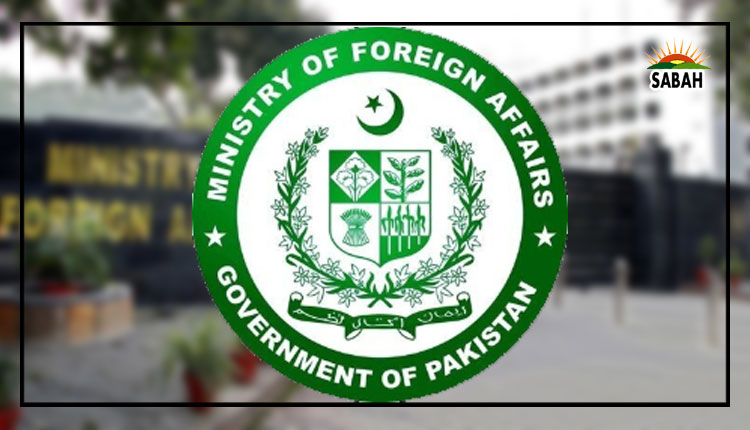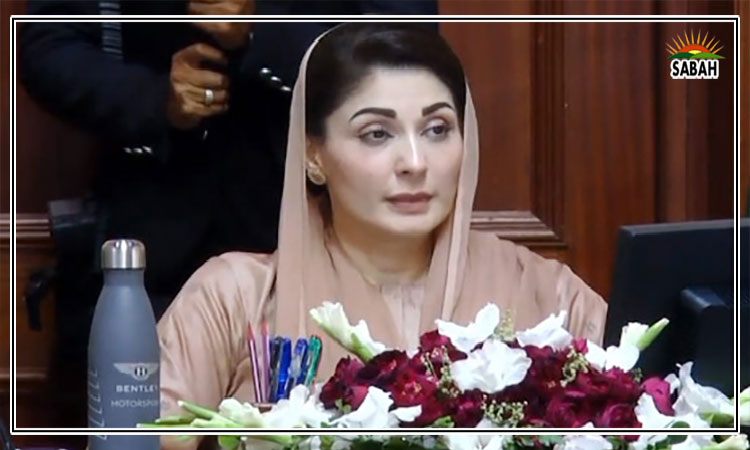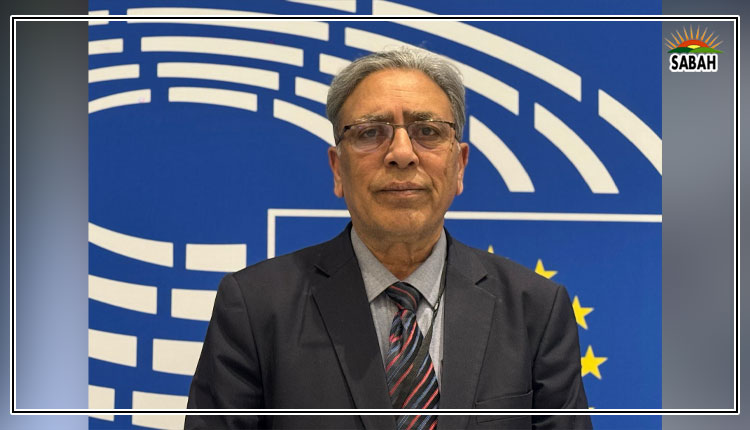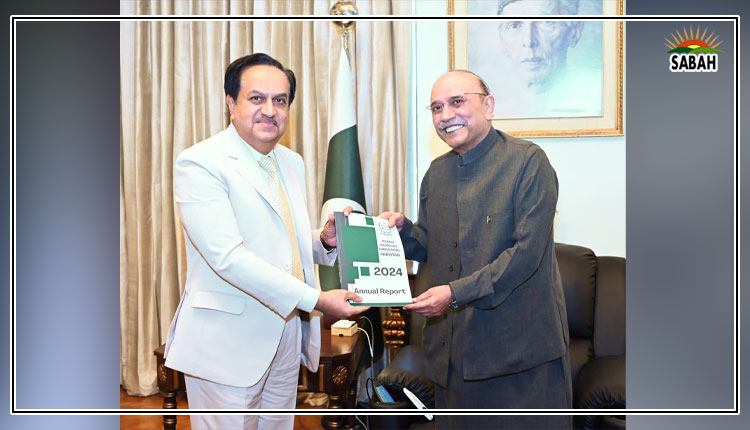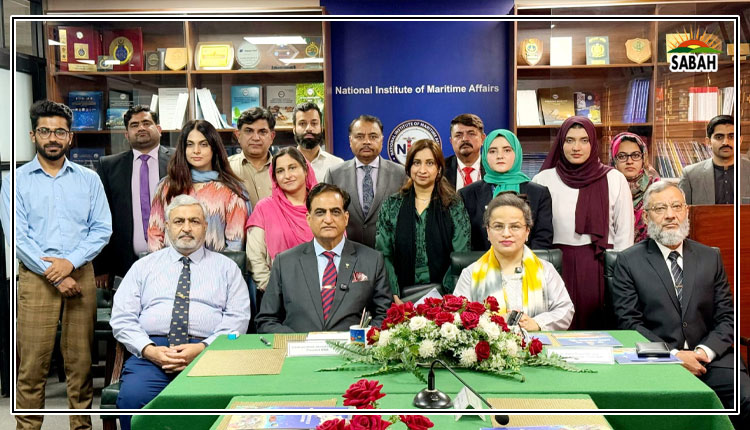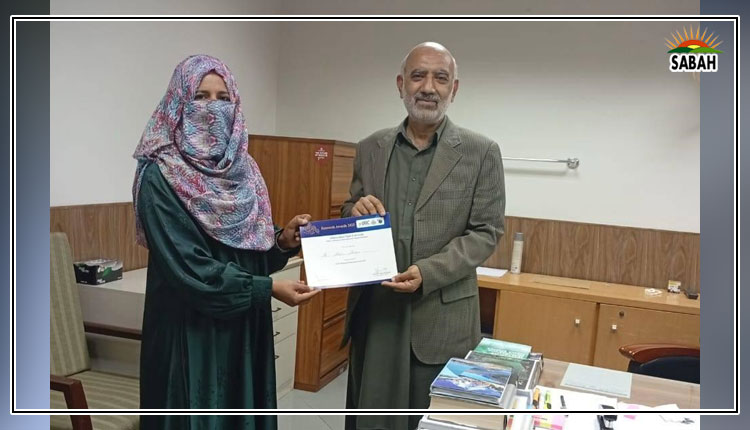Ban on girls’ education: Afghan humanitarian aid in peril …. Imtiaz Gul
Has the Islamic Emirate in Afghanistan boxed itself by snubbing all international calls for relenting on fundamental human rights? Looks so because it is not just the UN-led West that wants the Taliban to reopen doors to secondary and higher education on girls. Even close neighbours like Pakistan, Iran and China refuse to accept the Taliban edicts on the issue. We cannot and must not accept the exclusion of females from education and employment, say officials from these countries.
The special envoys’ meeting in Doha (February 18-19), too, demonstrated this global consensus. And UN Secretary-General Antonio Guteres articulated that convergence on the issue in an emotional but unequivocal terms.
“It would be unconceivable for me if my (three) granddaughters would not be able to attend secondary school, if they would not be able to go to the university, and if they would not be able to have the chance to fully participate in the economy and the society of my country,” Guterres told the post-meeting news conference.
He also acknowledged that the issue amounts to a literal stumbling block in the way of economic-humanitarian assistance for millions of needy Afghans, representing a to-engage-or-not-to-engage challenge with a regime in Kabul that apparently expects the world to adapt itself according to the Taliban social view vis a vis human rights, women’s rights, and education for girls.
Guterres explained the dilemma facing the global community: “… we are in a kind of a situation of the chicken and the egg which means that the Taliban thinking that the concerns of the international community are not their business and wanting recognition and integration, and [on the other hand] the international community thinking that there is no progress in relation to its main concerns, and so no progress in the questions of recognition and integration.”
The challenge for the international community, including neighbouring countries, is how to break this deadlock to the satisfaction of both de facto authorities of Afghanistan — commonly used euphemism by the UN for the government in Kabul — and the world.
The Taliban have now begun accommodating teenage girls for secondary education in their conventional seminaries or madaris, with the promise of introducing contemporary subjects, too.
As an alternative, most parents have, albeit unwillingly, welcomed the opportunity as many girls had been sitting idle at home, staring parents in their faces as to when they would go back to learning.
A friend recently told me with tearful eyes the story of his three daughters.
“For over a year and a half since girls’ school closed, I could not look my daughters in the eyes. I am embarrassed when I see them approaching me with questions I have no answers to,” said the friend. “It has been a traumatising experience for us all,” he recalled.
The friend jumped at the opportunity once the girls were allowed into madaris. Now, he is much more relaxed. At least his three girls have something to learn for several hours and are not confined to the home only.
The daughters of another friend, who had shifted his family to Kabul a few months before the Taliban takeover in August 2021, suffered similar trauma. He too has reconciled with the fact of his girls studying at a seminary.
Wonder when will it dawn on the Taliban rulers that their indifference to international demands, which are universally acknowledged women’s rights, only puts at risk lives of millions of resourceless and jobless Afghans, including widows and orphans.
Kabul’s aspirations for the UN seat are legitimate but require critical endorsement from all key global stakeholders. That endorsement will remain elusive as long as Kabul’s de facto rulers drag their heels on women’s rights with a religious logic that scholars across the Muslim world reject.
The Taliban government needs to relish the UN-led international acknowledgment that they have a) brought an end to hostilities, b) curtailed crime, c) increased state revenues by clamping down on corruption across the board, d) opened up critical mining sector to foreign investors, and e) almost eradicated poppy cultivation (95%) in Afghanistan.
Cumulatively, these measures have also helped generate far more revenue than the internationally backed former President Ashraf Ghani’s government collected. Salaries for government functionaries are flowing in without much interruption. The Islamic Emirate as a whole is functional from the north to the south. People at large feel much more secure, too.
But is that enough for people at large to be happy, too? Can the current system take the majority of Afghans out of their economic distress? Can this we-don’t-care approach towards neighbours and the world at large help the country’s reintegration into the global system?
Apparently not. Integration requires recalibration of policies. Adjustments are unavoidable if Kandahar is mindful of recognition and integration in the international financial system. Afghanistan cannot function as a normal state until it is recognised and outsiders are able to reach out to it without any inhibitions. That is the only way for acceptance and economic development and steering the crisis-ridden country of about 40 million out of its economic misery.
Courtesy The Express Tribune, March 9th, 2024.


